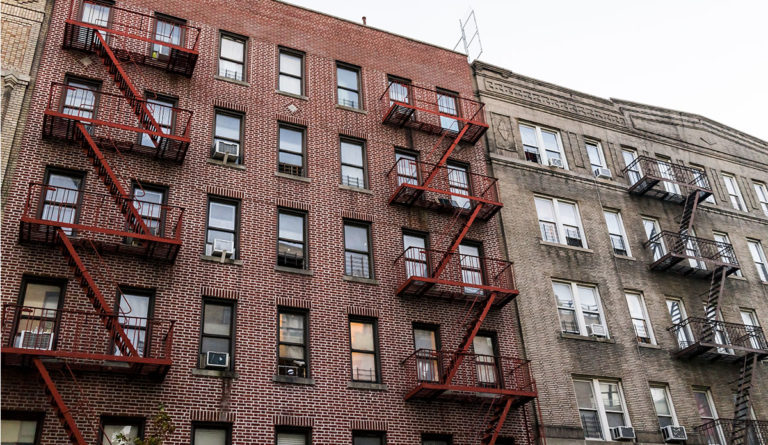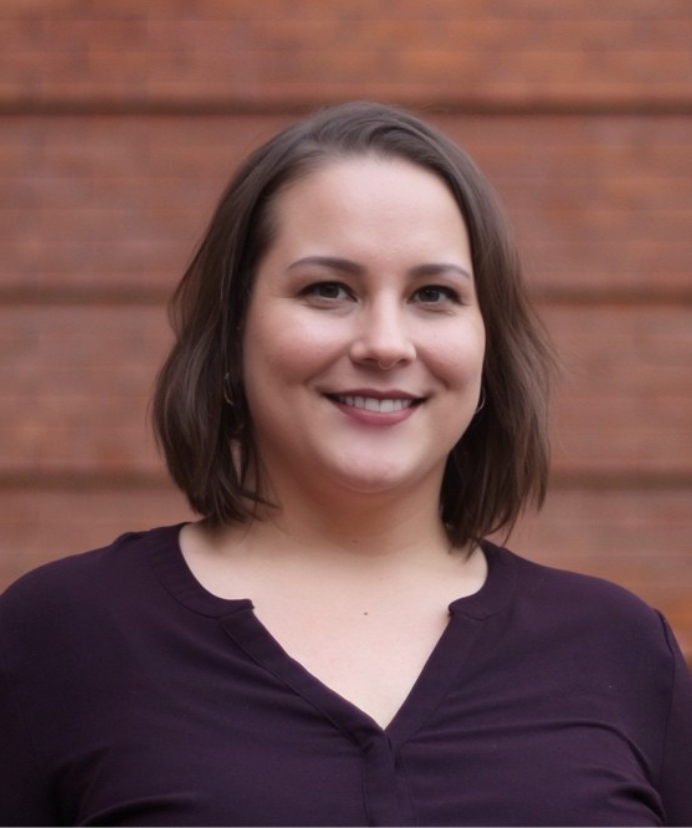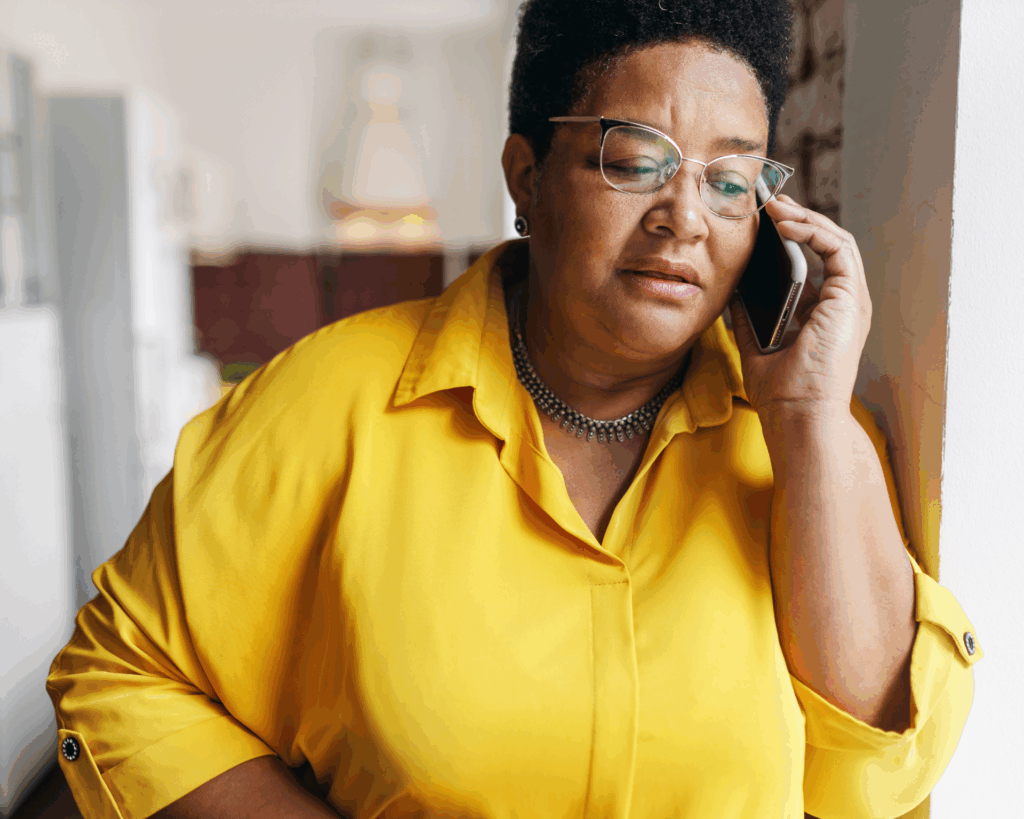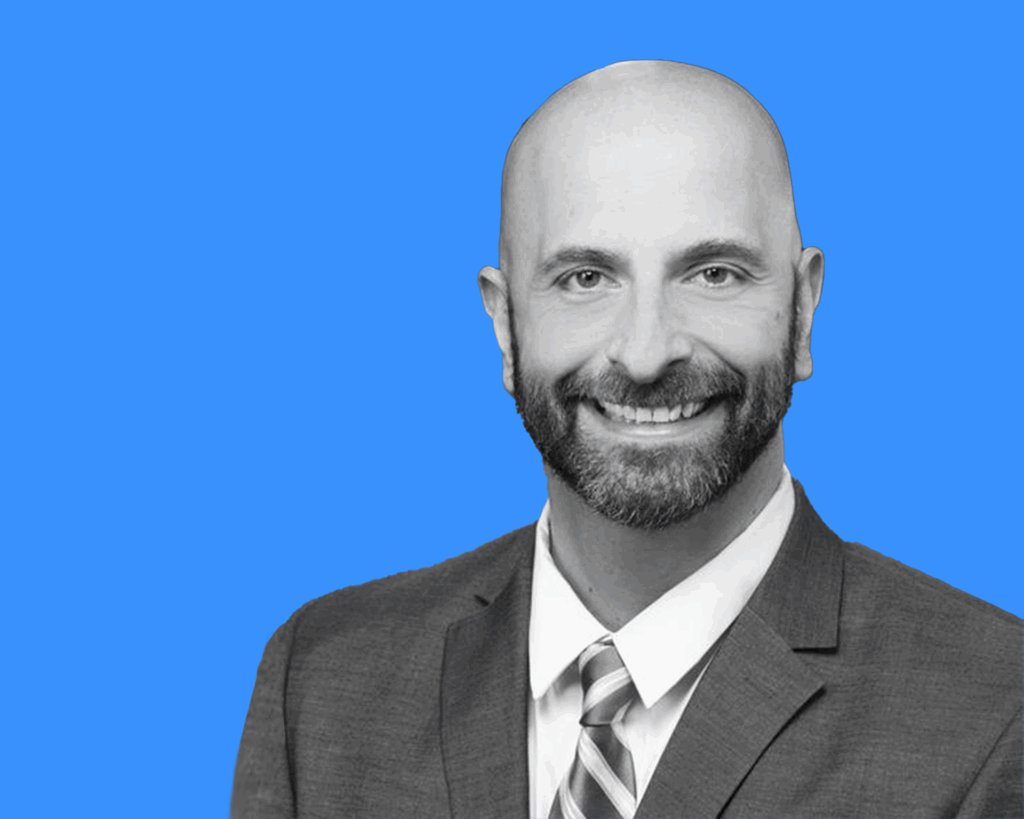Evicting Health
Eviction affects health care coverage and use in the short term, and may have longer term implications.

Read Time: 4 minutes
Published:
Pandemic rental assistance is running out and eviction moratoria have all but disappeared. The loss of these protections paired with inflation and rising housing prices are forcing more and more Americans to prioritize life essentials. When faced with eviction or homelessness, other high-cost items, such as health care, often become a low priority.
An expanding body of research links eviction to poor health outcomes, such as higher probability of substance use, mental illness, infectious disease, and overall mortality. Mirroring this association is housing stability’s link to better health. These health effects of housing are clear, but minimal research exists on how eviction affects health care usage after losing a home.
Gabriel Schwartz and colleagues compared 2017 New York City eviction records to New York State Medicaid claims. They assessed claims made within six months after eviction. If someone loses New York State Medicaid coverage, they can be reimbursed for any health care costs as long as they re-enroll within 90 days. They found evicted patients had 43% increased odds of losing coverage for more than 91 days, and with it, any hope of recovering money they paid out of pocket for health care during those uninsured months.
Black and Hispanic men, Bronx residents, and U.S. citizens were more likely to be evicted than other Medicaid enrollees.
Black and Hispanic men, Bronx residents, and U.S. citizens were more likely to be evicted than other Medicaid enrollees. And they were less likely to fill prescriptions and spend money on health care. People avoided receiving care or ignored health care concerns due to the impending medical bill. Those who did receive care spent 20% more.
Evicted patients had a higher incidence of acute care visits than those not experiencing eviction. This likely indicates that people will wait longer to seek care, finally seeking it during crisis, which could lead to even higher medical costs as well as more severe health consequences.
Schwartz’ study only looked at how eviction affects health care coverage and use in the short term. The average wait time for affordable housing vouchers in New York City is 19 years. And the housing crisis extends far beyond large cities. The national average wait time is 2.5 years, likely increasing in the wake of COVID-19. With people waiting years to get into affordable housing, they are likely continuing to put their health on the back burner to try and keep an affordable roof over their head.
A fluctuating address not only affects health negatively, but also makes voting more challenging. People experiencing eviction and housing instability may be less likely to participate in the democratic process that can lead to more affordable housing solutions and policies.
Current wage structures and increasing costs of living make affordable housing a pipe dream for many. The federal minimum wage of $7.25 has not increased since 2009, making this the longest period in U.S. history without an increase since minimum wage was established. While some states have increased their minimum wage to try and meet living standards, 22 states have a minimum wage of less than $10 per hour and 16 states only adhere to the federal minimum. Many people who work full time at a job that pays minimum wage can simply not just get by.
The American health care system combined with higher cost of living perpetuates the cycle of housing instability, poverty, and poor health. Policymakers and advocates are starting to propose solutions, such as Universal Basic Income (UBI) and Medicaid-funded housing. Such policies and programs recognize that health care and housing are tightly linked.
The COVID-19 eviction moratorium ended on August 31, 2021 with some states and cities extending it to Summer 2022. With all pandemic housing protections expiring, there will very likely be a continued rise of evictions across the country. The housing affordability crisis will put millions of Americans’ health in jeopardy, just as COVID-19 relents.
Photo via Getty Images



